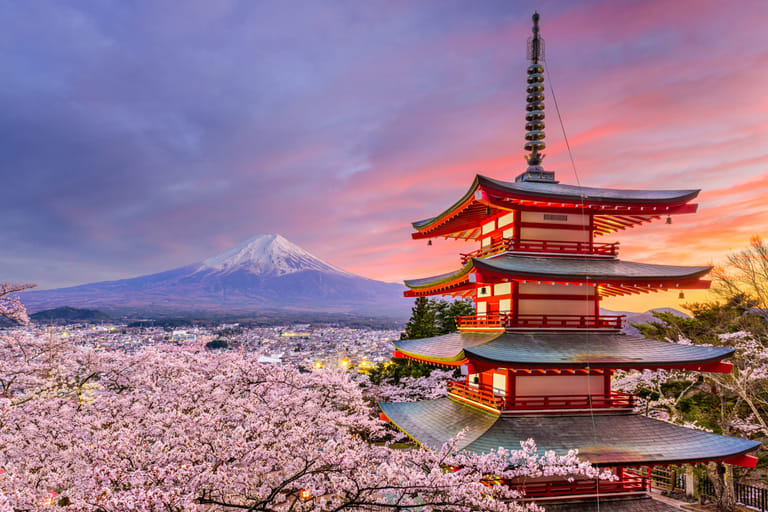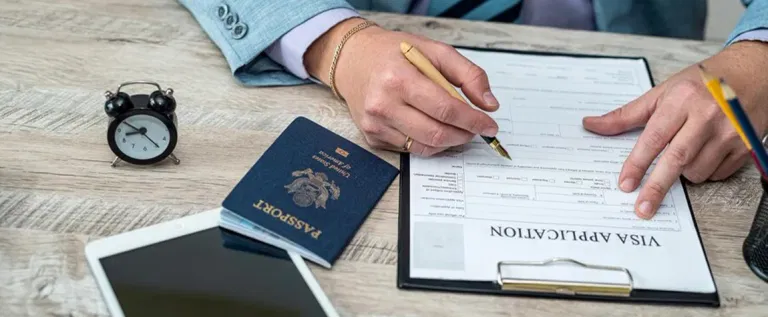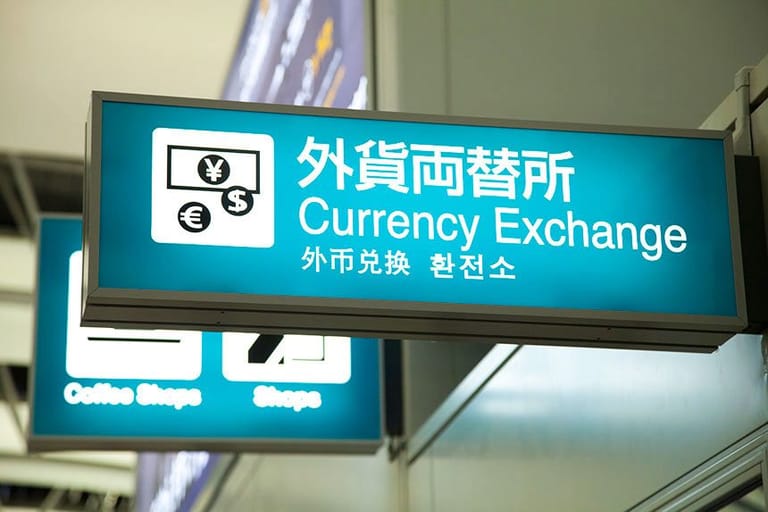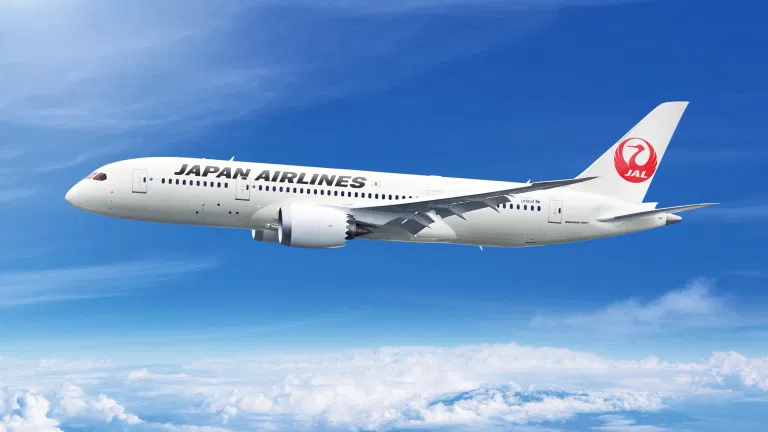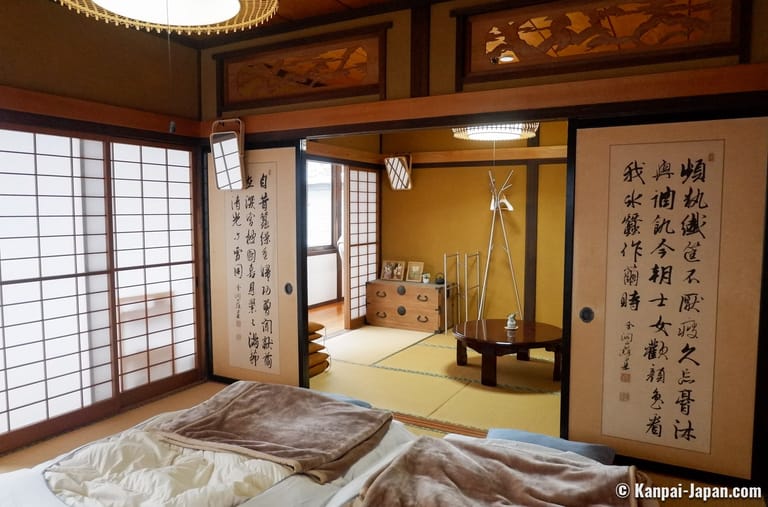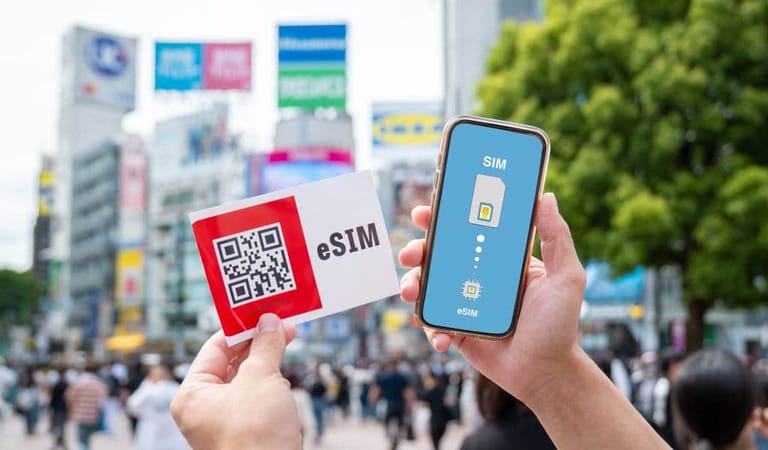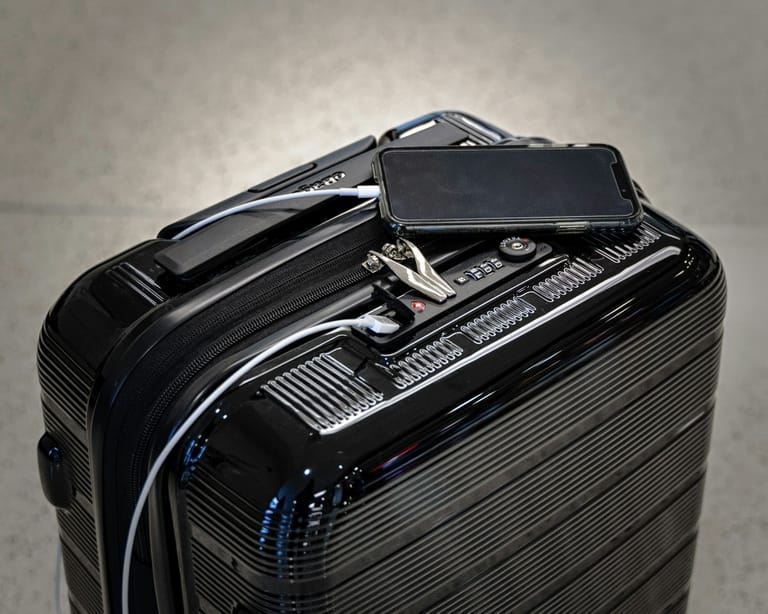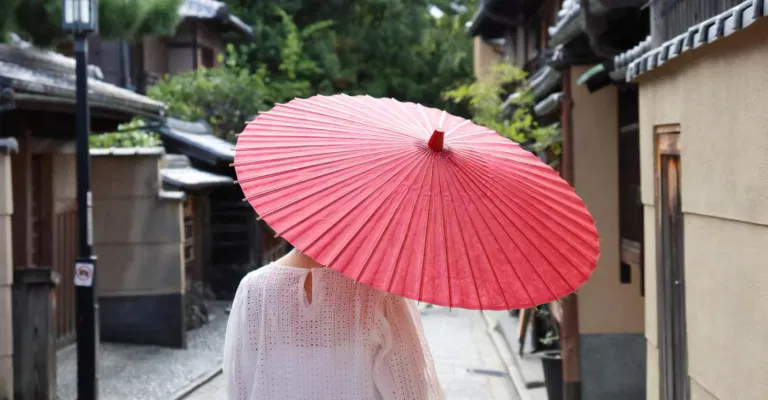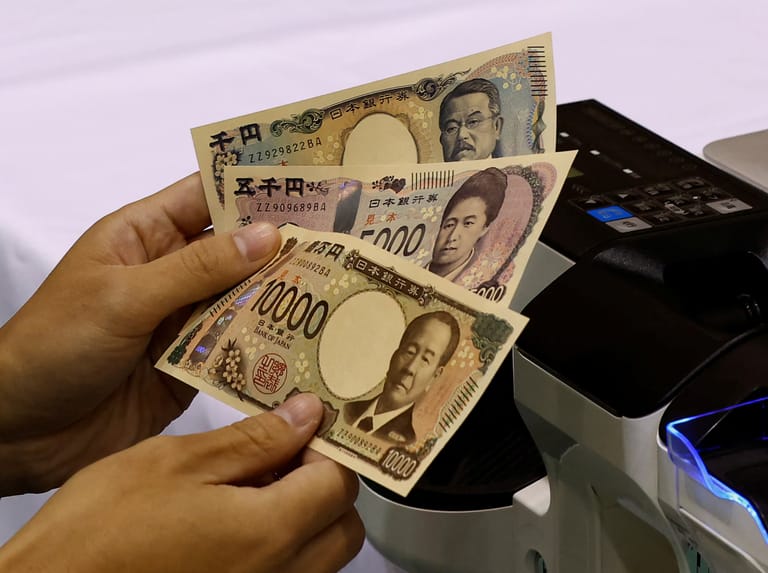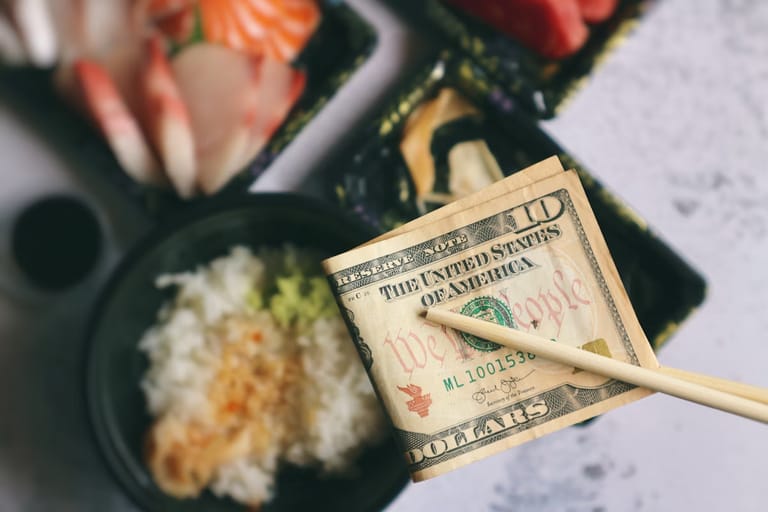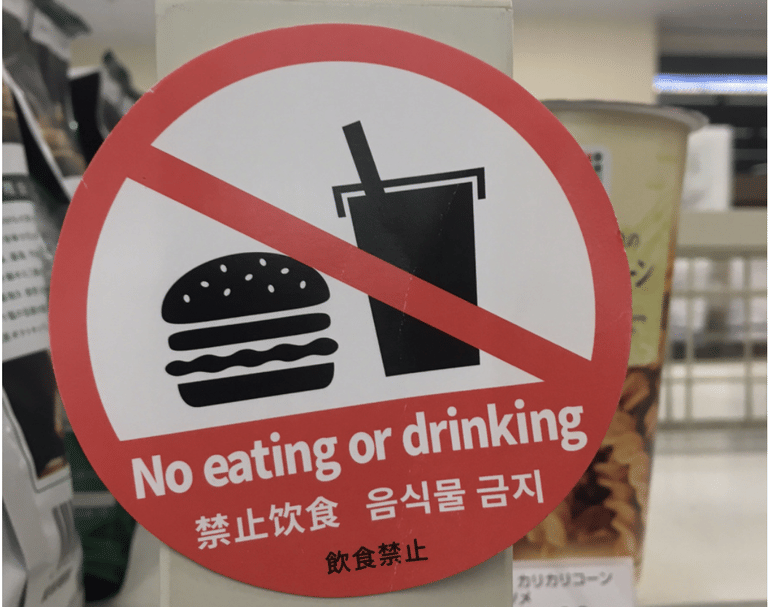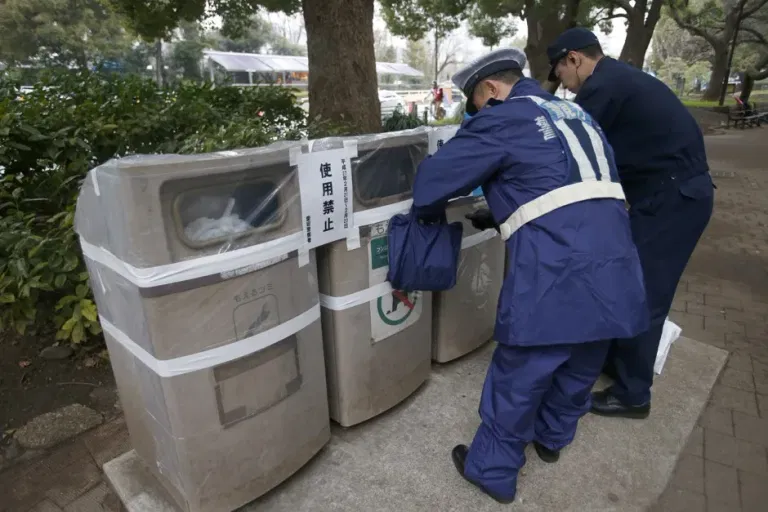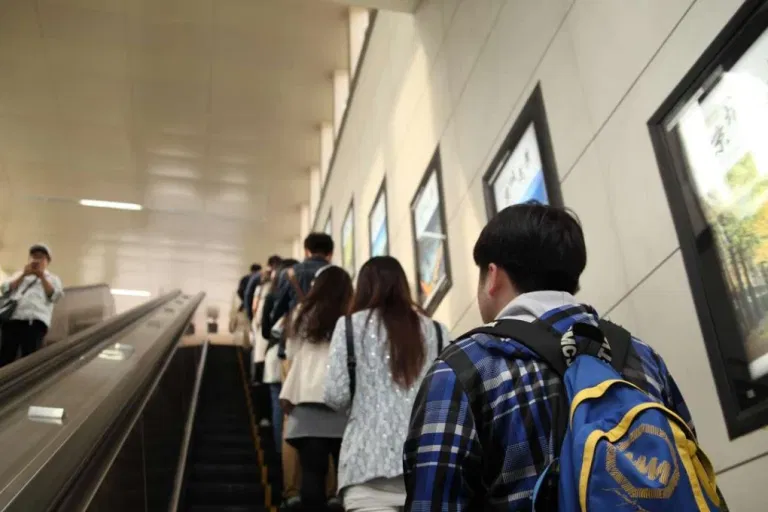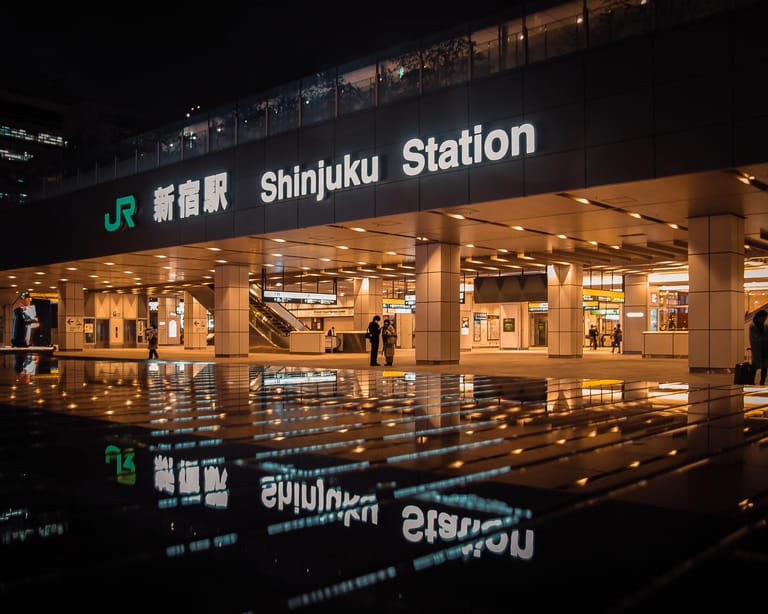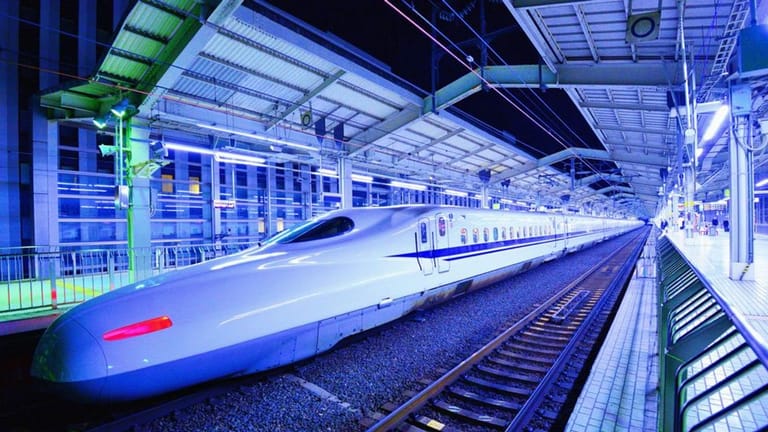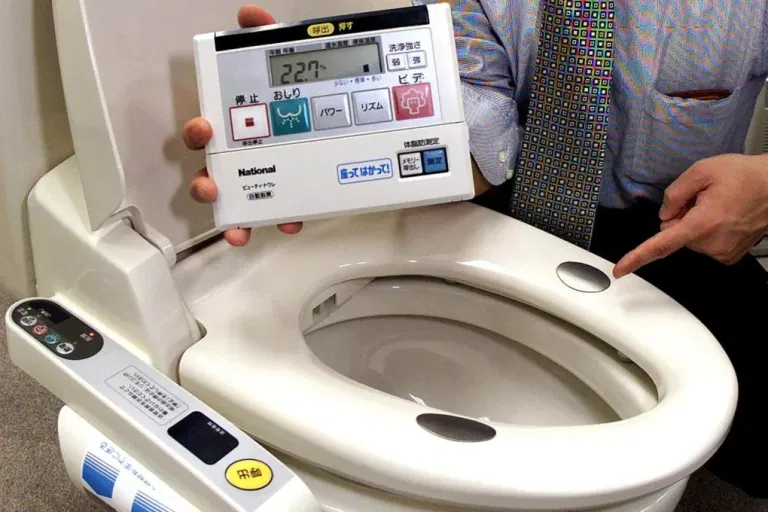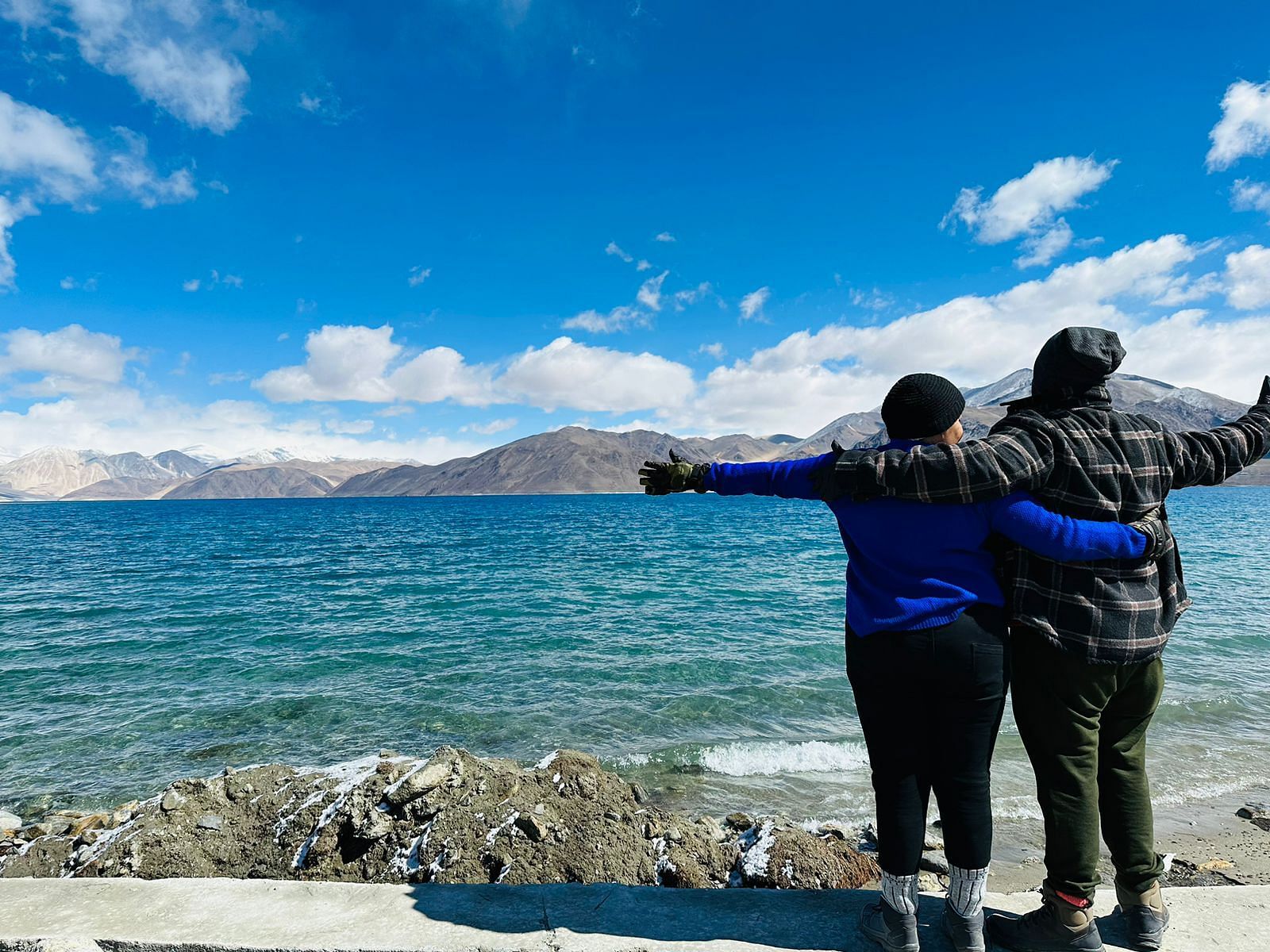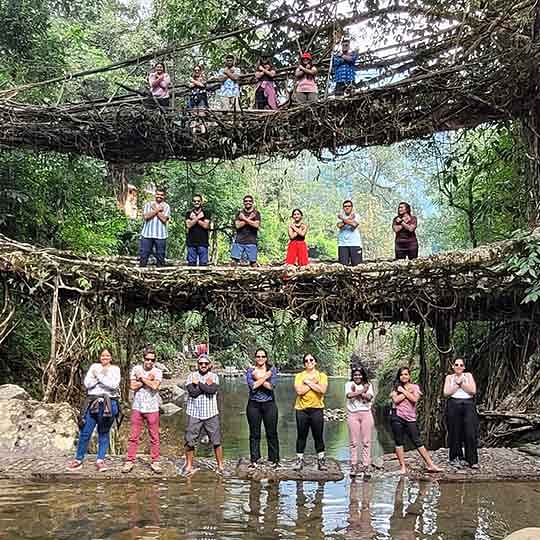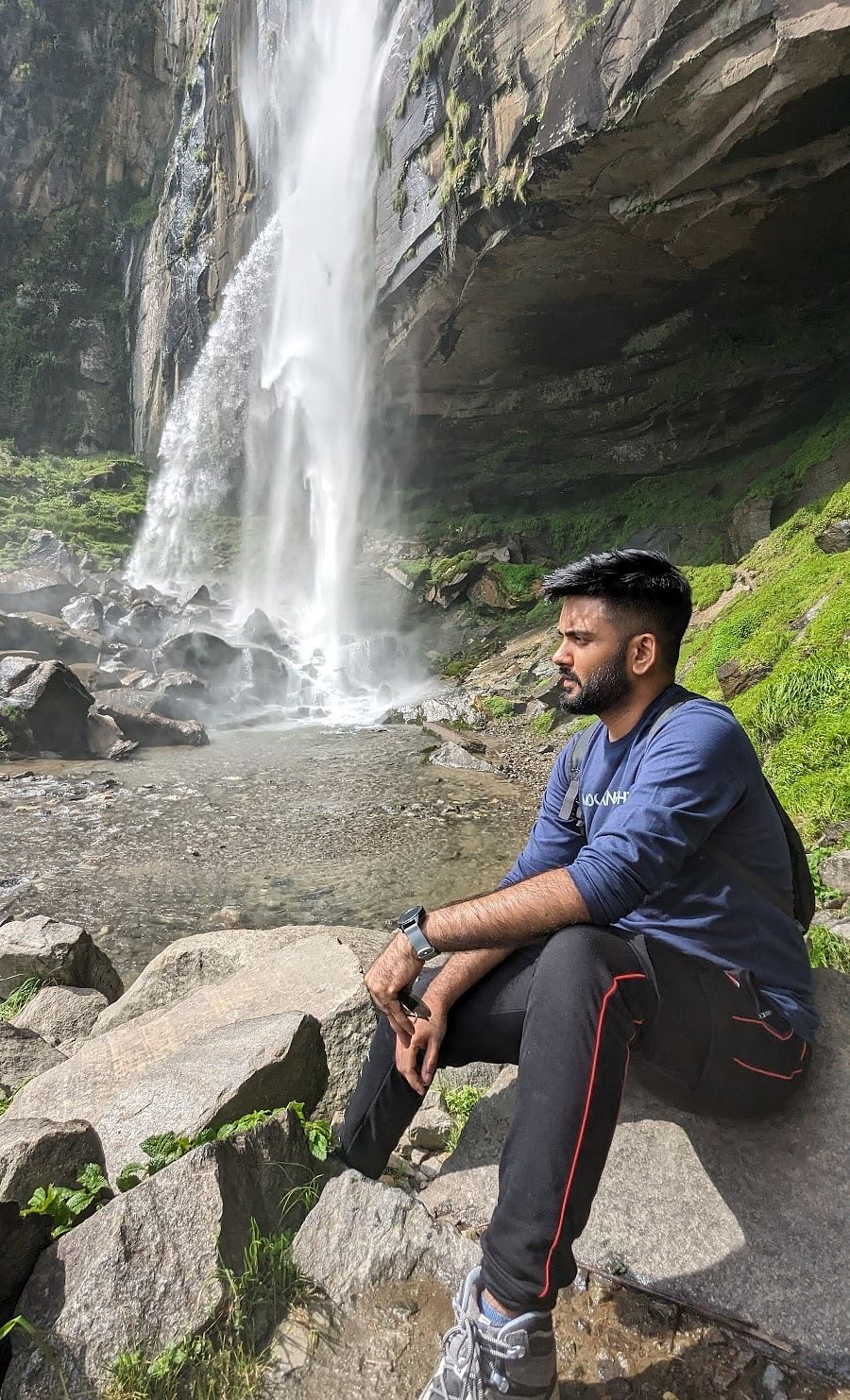Planning a trip to Japan for the first time? If you just nodded, let us tell you a few things before you hop on to the adventure. From the stunning skyline of Tokyo to the serene temples of Kyoto, your Japan Tour Packages are full of adventures.
To make your travel easier, we have curated some of the best travel tips for Japan that will help you make the most of your trip and make plenty of memories without any chaos or getting in trouble with our Travel Guide Japan.
Here is a list of all the best travel tips for Japan from our tourist guide to Japan:
1. Visa and Documentation
A Japan Visa needs to be applied for within 3 months of travelling.
- Visa Fees: ₹5000(Consultation Fees)
- Minimum: 30 days' validity
- Maximum: 2 years(Depending on embassy)
- No Self Application
As per our guide to visiting Japan, documents required to apply for a Japan Visa are:
If Employed:
- Original Passport(Old+New)
- 2 Passport Size Photographs
- Bank Statement 6 months, attested by the bank
- 3 months' salary slip, with ITR
- No Objection Certificate
- Office ID/Visiting Card
- Flights/Hotels/Itinerary
If Self-Employed:
- GST Certificate of the firm
- Cover letter on the company’s letterhead
- The firm’s bank statement including ITR
- Hotels/Flights/Itinerary
Japanese Currency: Yen(¥/JPY)
Indian Currency: (₹/INR)
It is advisable that you exchange currency in India before you leave and can go for unauthorised by Forex dealers like Thomas Cook, BookMyForex, and other banks like HDFC, SBI, or Axis.
At Japanese Airports
You can exchange currency at Japanese Airports:
- Narita, Haneda, and Kansai
- It is convenient but the rates may slightly be on the higher side than the city centers.
- It is perfect for quick cash if you didn’t exchange currencies before hand.
Currency Exchange In The City
- Major Banks
- Currency Exchange Kiosks in the tourist areas
- Hotels(Rates may be on the higher side)
ATMs at 7-Eleven, post offices and Family Mart accept International Cards, and the best part is that the rates are usually better than other places. You can check with your bank for foreign ATM withdrawal fees.
Inform your bank before travelling, so they don’t block your card because of a change of location.
When planning a trip to Japan for the first time, it is important to do some cost-cutting before you actually get on board with the trip. It is advisable that you book your flights at least 3 months prior to the date of travel. Booking in advance will save you a lot of money because as you move towards the date of travelling, the fares begin to surge.
Try booking on Skyscanner to compare the fares on different platforms, which will help you choose the best deal. Booking your flights in advance is one of the smartest moves in our best Japan travel guide.
- Air India: ₹28000
- Indigo: ₹18000
- Japan Airlines: ₹50000
- Singapore Airlines: ₹35000
- Cathay Pacific: ₹30000
3. Booking Accommodations In Advance
Our best Japan travel guide suggests booking accommodations in advance to make your trip easier. Most of the good accommodations allow booking a month in advance, so if you are lucky enough to find such pa lace, ensure that you book beforehand to avoid any chaos. There are certain things to know before travelling to Japan in terms of planning ahead with your stay.
January, March to April(Cherry Blossom Period); April 29th to 5th May, and August(Golden Week) is particularly the busiest times. Prices may be higher, so it’s best to book in advance to avoid chaos and spending a fortune on last-minute bookings.
Shinjuku Granbell Hotel
- Cost: ₹7497+2498(taxes) per night
- Category: 4 Star
- Location: Tokyo
Double Tree By Hilton Tokyo Ariake
- Cost: ₹13,589+2732(taxes) per night
- Category: 4 Star
- Location: Tokyo
Sakura Terrace
- Cost: ₹4895+1510(taxes) per night
- Category: 3 Star
- Location: Kyoto
Hilton Kyoto
- Cost: ₹20000+73379(taxes) per night
- Category: 5 Star
- Location: Kyoto
RIHAGA Royal Hotel Osaka, Vignette Collection
- Cost: ₹10000+3703(taxes) per night
- Category: 4 Star
- Location: Osaka
Hotel Gracery Osaka Namba
- Cost: ₹11000+2277(taxes) per night
- Category: 4 Star
- Location: Osaka
Four Seasons Hotel Osaka
- Cost: ₹44566+15531(taxes) per night
- Category: 5 Star
- Location: Osaka
4. Buy An E-Sim or Heavy Data
Our best Japan travel guidelines suggests buying an E-sim because finding your way around can be a little tricky. Smart phones and navigation is important, thus you need either an e-sim or a heavy data sim card.
You can easily get a data loaded sim at the airport or in many cities and towns.
Pack light because hotel rooms in Japan are small, there is little room for large bags, so our Japan tour guide suggests packing light to avoid chaos. Wrangling on public transport including high speed trains require you to book your spot in advance. (It is free if doing in advance but you would be penalised aboard the train.)
While packing, it is important to note that several religious sites including Buddhist temples and Shinto shrines don’t really have a dress code, however, some high-end restaurants, clubs, and bars may have sometimes, which usually means no sleeveless or sandals on men.
While dining out, you may have to sit on the floor, which might be a little uncomfortable if you are wearing tight clothes, so pack accordingly.
Bring Comfortable Shoes
It is essential to bring comfortable shoes that you can wear at any site, since you’ll most likely take it off, especially at the religious sites, and some restaurants that require sitting on the floor. You can also pack slip-ons for your ease and convenience.
The summers of Japan are humid and hot, which leaves a possibility of heat stroke. Our super guide to visiting Japan suggests carrying a water bottle at all times if you are travelling during the summer season, and keep an umbrella with UV Blocking.
The last week of June brings rainfall, and it could rain without ending for days, and could also last for weeks or through most of the month of July.
Rains and Typhoon season run from September through October, and can cause serious travel disruption, so you can monitor the emerging storm situation.
Winters, on the other hand, can get chilly, and some areas, including Tōhoku and Hokkaidō, can get huge snow dumps.
One of the best travel tips for Japan from our Japan tour guidelines includes keeping cash at all times. Keeping cash is a smart move because in the rural side of Japan, and other older family businesses in cities, credit cards or other international cards may not be accepted, and you’ll need to pay cash at several places, including restaurants and shops.
However, these days, large convenience store chains usually have ATMs that accept International cards, so you can withdraw cash from there.
When visiting some place, it is essential to follow the cultural norms and not offend anyone, here are some cultural travel tips for Japan that you can follow to avoid getting into trouble:
No Tipping
Want to have the best tours of Japan? What if we tell you that there is no tipping culture in Japan? The tour guides may expect a little extra, but the best part is that you don’t have to do it.
Even if you wish to add extra to the bill, you will only end up embarrassing yourself and the staff. Some restaurants may charge a flat service fee of around ₹171 to ₹200 per person.
Some restaurants may send out an unrequested appetiser called Otoshi, charging a small fee on the bill. All the places to visit in Japan are against the tipping culture, atleast openly.
Being Polite Is Important
It is essential to stay polite and use polite expressions like thank you(arigatou gozaimasu) and excuse me/sorry(Sumimasen). Bowing infront of others is a common practice while greeting, a small bow or a nod with a smile is enough, especially if you are a tourists.
Quiet Public Behaviour
Not only are you supposed to be polite, but you also need to make sure that you speak softly in public spaces. Loud conversations in public places, especially when you are on your phone are frowned upon.
Phone calls in public transport are usually avoided in public transport. There are plenty of things to do in Japan, but talking loudly on the phone isn’t one of them.
Punctuality Matters
Punctuality, which is now considered a good quality, is just basic in Japan. Trains and appointments are extremely punctual. Even if you arrive a few minutes late, it is considered impolite and disrespectful towards the other person’s time.
Dining Etiquette
- Since you eat with chopsticks in Japan, it is important to know that you are not supposed to stick chopsticks upright in rice because it resembles funeral rituals.
- You are not supposed to pass food from one chopstick to another, because it again represents funeral rituals.
- No eating while walking or talking.
- Slurping is only okay when you are having noodles like Ramen. However, the slurping shouldn’t be too loud.
Personal Space
Physical space is a concept not many people understand, and Japanese culture values everyone’s right to physical space. Thus, avoid touching strangers or standing too close to them in queues.
One of the important things to know before travelling to Japan is that public eating is a big No No.
It is considered bad to eat in public, especially while you are walking; however, there are some exceptions, which include the Shinkansen and other reserved-seat limited express trains, where you can eat boxed food.
You can also eat during festivals, on market streets, or while picnicking. Ice cream is acceptable, and it’s also fine to take sips from resealable containers of beverages, like water bottles and cold drinks.
While it is very common to throw garbage in India, wherever you feel like(though that is not something to be proud of), it is very common, but such a bad habit. Japan, on the other hand, has a strict policy of not littering on the street or anywhere else. You are supposed to take your garbage home or to your office, where you can dispose of it. No wonder it is so clean.
This is one of the most useful travel tips for Japan, that if you have any on-the-go trash, including wrappers, or empty bottles, you keep it with you until you return to your accommodation.
It is important that you learn the art of queuing because the Japanese are big on queues. It is not like we have it here in India, where people would push you and break the queues. There are neatly formatted lines, and everyone follows them without anyone having to check on them.
Another important thing that you should know from our Travel Guide Japan, is that you always stand on one side of the escalator, though which side in particular depends on where you are. Suppose you are in Kanto, you need to be on the left side, and Kansai, on the other hand, points to the right.
Travellers are often seen breaking these rules, but we strongly believe that the laws of the land need to be respected and followed at all times.
13. Always Have An Idea About The Last Train
The subways run until 1 a.m. and every train has a specific time, so you should know when the last train leaves, because once you miss the train, you’ll have to take a taxi, which would be very expensive. So to avoid paying extra, let’s just pay a little extra attention to the details.
Suggested Read: 8 Days Backpacking Tour To Japan
Avoid The Morning Commute
Since you are only exploring Japan and not working in the country, it is advisable that you avoid commuting in the morning in Tokyo specially on weekdays from 7 a.m. to 9 a.m. in the morning. It is very chaotic that sometimes the staff helps in making sure everyone’s packed in.
The Shinjuku station is the busiest station in the world, having an average of over 3.5 million commuters, and has 200 exits leading you out of the complex.
15. Travelling Between Cities
1. Shinkansen (Bullet Train): Fastest and Most Convenient
Japan’s high-speed rail network is the backbone of intercity travel.
- JR Pass: Highly recommended for tourists doing multi-city travel. It offers unlimited rides on most Shinkansen (except Nozomi and Mizuho trains) and other JR trains.
Major Routes:
- Tokyo from/to Kyoto/Osaka (2.5–3 hours)
- Tokyo from/to Hiroshima (4–5 hours)
- Tokyo from/to Sapporo (via Shinkansen + local line, 8 hours)
Buy tickets: At JR stations, vending machines, or online.
2. Local & Express Trains (JR and Private Railways)
Useful for regional travel and getting to/from suburbs or countryside.
- IC Cards like Suica, Pasmo, or ICOCA work across most train systems.
- Some areas have non-JR private lines (like Kintetsu in Kansai or Tobu in Tokyo–Nikko).
3. Highway Buses: Cheaper Alternative
Long-distance buses connect major cities and rural towns.
- Operators: Willer Express, JR Bus, Nishitetsu, etc.
- Often overnight (e.g., Tokyo - Osaka overnight bus)
- Can be booked online (many in English)
4. Domestic Flights: Best for Long Distances
Ideal for places like Hokkaido, Okinawa, or far southern Kyushu.
- Airlines: ANA, JAL, Peach, Jetstar Japan, Skymark
- Budget carriers offer very cheap fares if booked early
- Airports like Haneda, Narita, Kansai, and Fukuoka are major hubs
5. Car Rental: Ideal for Remote Areas
Best for places not covered by trains, like the Japanese Alps, Hokkaido countryside, or rural Kyushu.
- International Driving Permit (IDP) required
- Toll roads can be expensive
- Navigation systems usually in English
In Japan, the bidets are called washlets, and the best part about it is that these electronic bidet toilets work on the touch of a button that will help you clean your delicate parts, and you don’t even have to worry about the language barrier because the symbols are easy to understand.
Want to hear something super cool? Some toilets in Japan have a motion sensor sound machine, which will conceal the sensitive noise. How cool is that? You may notice that dryers and hand towels are not available, so you can do what locals do, carry a towel in your pocket when you are on the go.
17. What To Do Incase Of Natural Disasters?
Even the best tours of Japan can be ruined by an Earthquake or a natural disaster. You must be aware of the fact that Japan is the most seismically active country and has witnessed several earthquakes and other disasters.
It is essential to know what to do incase anything like that happens. If it occurs while you are there, it is important to stay calm and take a hint from people around you. In case of an earthquake grab a table and hide under it or stand in a doorway. Listen to Tsunami warnings and follow the precautions and instructions.




